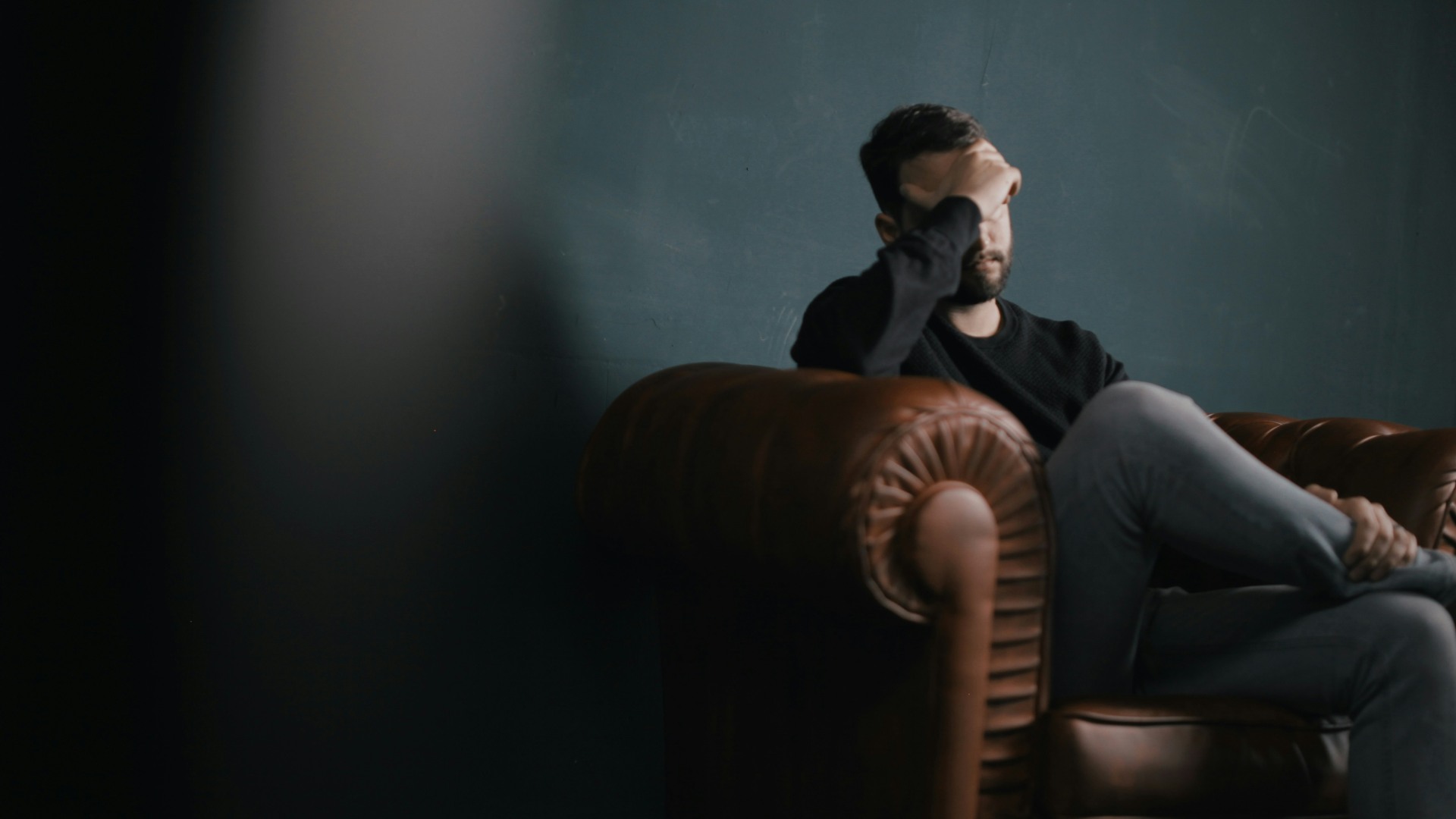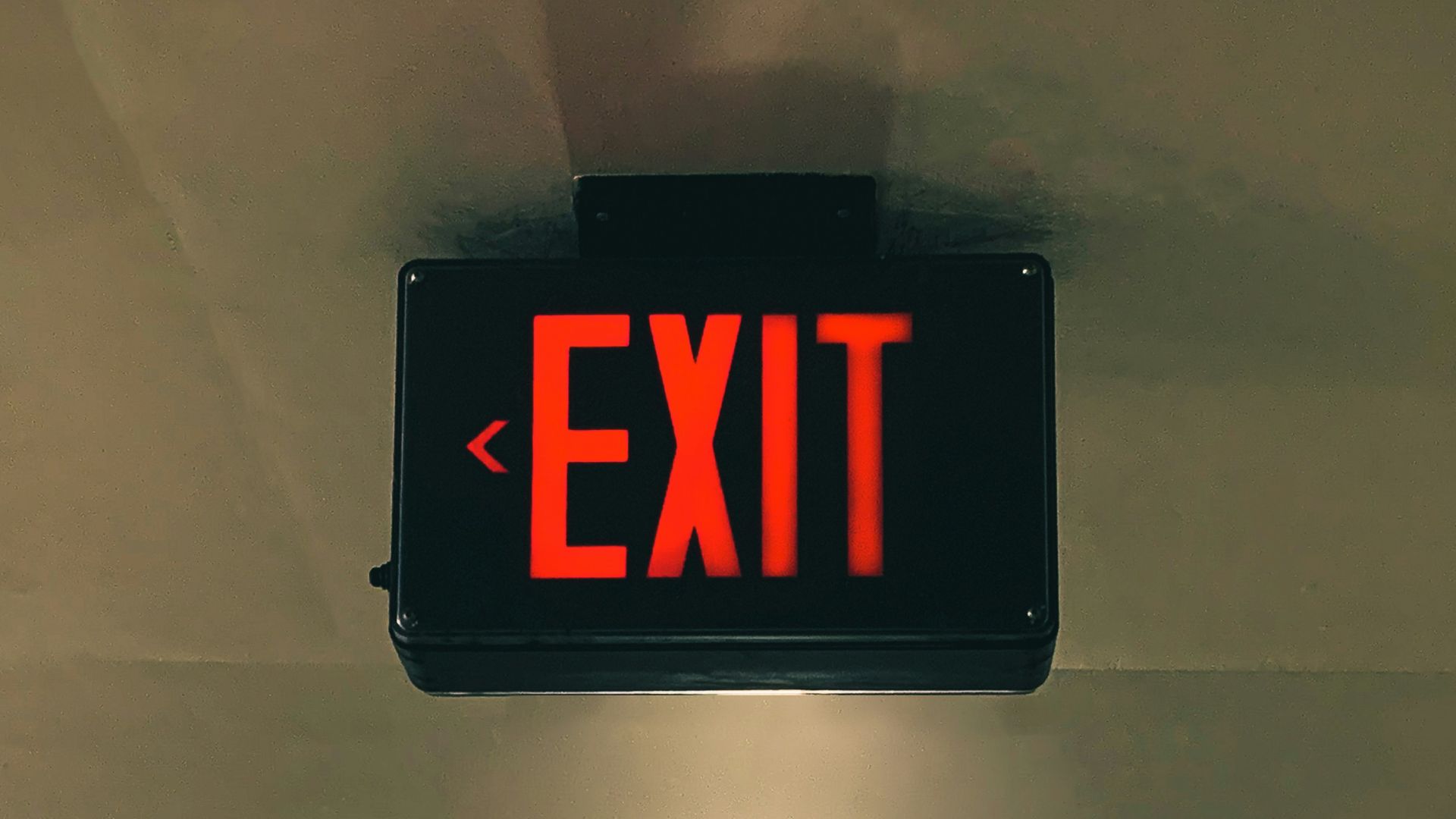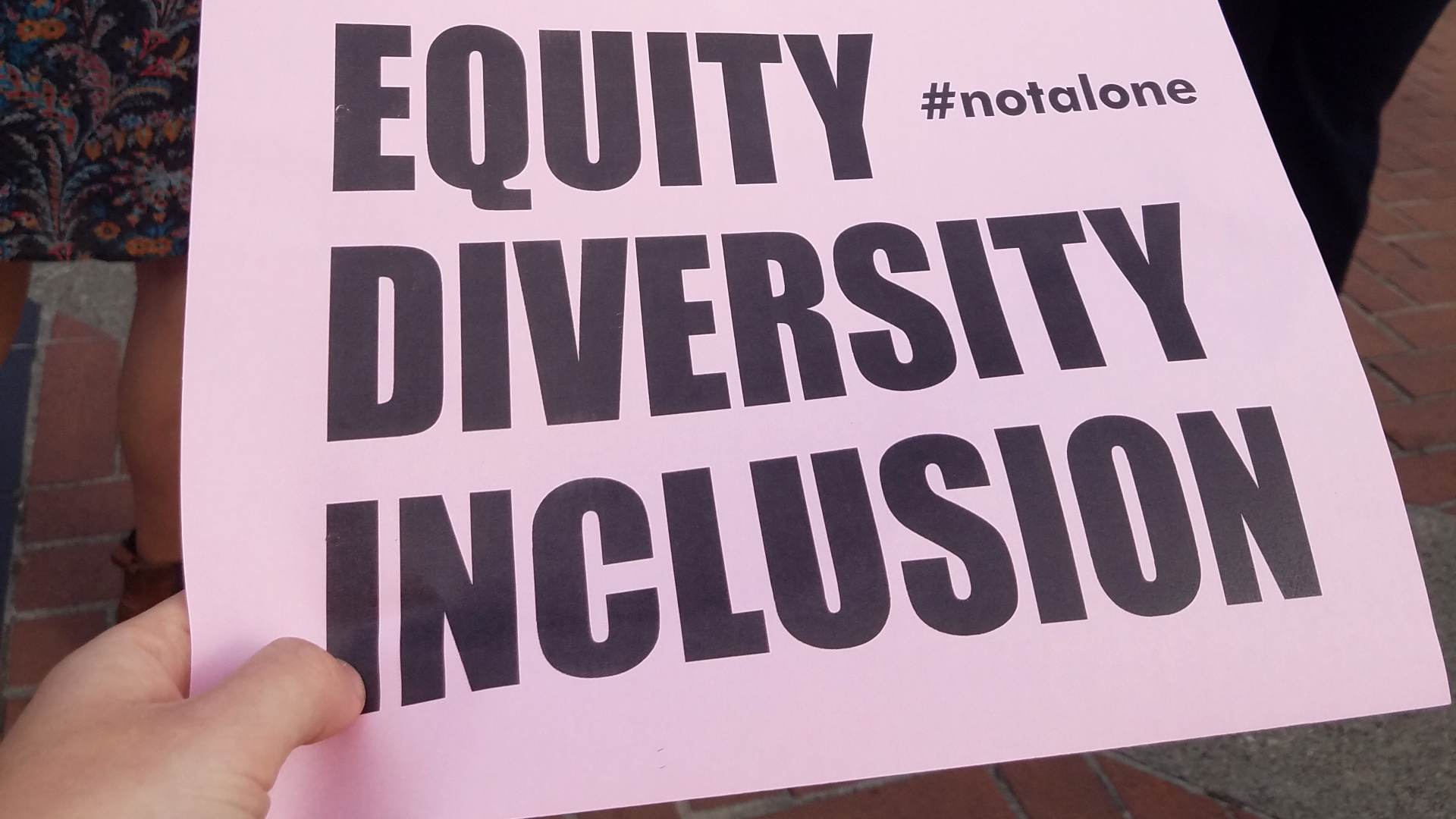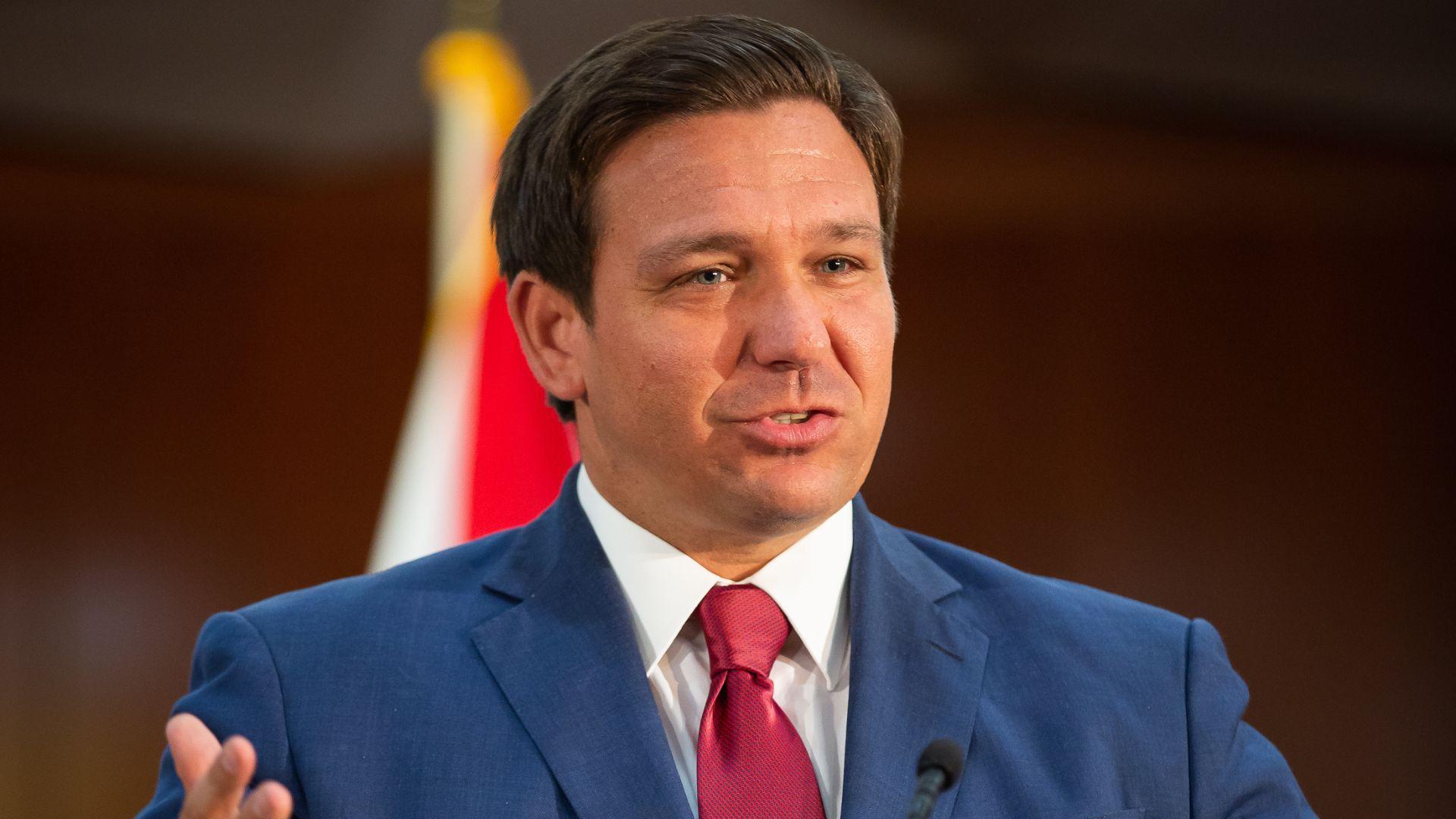A survey of LGBTQ+ college faculty members found that 36% of respondents said they have considered withdrawing from academia to avoid the repercussions of anti-DEI laws.
This attitude among faculty follows recent efforts by several states to pass legislation banning DEI training and programs on college campuses, which critics accuse of being discriminatory and divisive.
LGBTQ+ Report

A recently released report by the Williams Institute at UCLA School of Law examined the impacts of recent legislation against DEI on LGBTQ+ faculty in higher education.
As part of this report, they surveyed 84 LGBTQ+ college faculty members with questions to examine what impacts this legislation is having on their teaching, research, classroom interactions, and mental health.
Decrease in Research

16% of survey respondents reported that there was less willingness to participate in their research in the wake of anti-DEI laws.
Anti-DEI laws have been enacted in at least nine states, and have made it difficult to fund or outright banned the funding of DEI initiatives.
Chilly Environment

Survey respondents had an overwhelming feeling that the legislative changes had impacted their work directly.
“Participants’ narrative data underscored the varied direct impacts of legislative changes and threats. In particular, many participants emphasized the stress of teaching and doing research in a “chilly” campus climate where they did not necessarily feel supported or “backed” by their institution or even their department,” said the report.
Toll on Mental Health

The survey found that nearly 75% of respondents said that the pushback against DEI has created an environment that has taken a toll on their mental health.
This toll was felt so strongly that nearly half of the respondents reported they had considered moving to another state to escape the anti-DEI laws.
Teaching DEI

These LGBTQ+ faculty members who were surveyed felt there is now an environment of hostility for teaching diversity, equity, and inclusion (DEI) related topics.
12% said they had an increase in negative teaching elevations, and 10% said that students had threatened to report them for violating anti-DEI laws.
Heightened Fears

This report found that survey participants were fearful of what people might think of their identities.
“Participants described fear and vigilance surrounding their identities and teaching/research, which were often intermingled. In turn, those who were more vulnerable (e.g., untenured faculty members) described especially heightened fears,” the report said.
Effects on Family

The survey also touched on the feelings on those who were parents. 60% of respondent parents reported at least one negative event that affected their child in the past six months.
26% said that their children “had been bullied, teased, or harassed at school for being LGBTQ+, for having LGBTQ+ parents, or for their own racial, ethnic, or cultural identities.”
Plans to Leave

48% of survey participants said they have considered moving out of the state, while 43% said they wanted to look for a new job inside academia.
36% reported wanting to get a job outside academia, while 23% reported they had taken active steps to move out of the state they are currently in to escape anti-DEI.
What is DEI?

Diversity, equity, and inclusion is a policy, program, practice, or activity that is designed to help people of different backgrounds receive fair treatment in a diverse setting.
DEI supporters think the institution of these initiatives helps people work together and elevates various groups who have been historically disadvantaged.
Criticism of DEI

Critics of DEI programs say while their intentions may be good, the implementation of these programs creates division between groups and can lead to discrimination.
These critics often link DEI to “critical race theory,” an academic framework that critics say attempts to punish White people as a way to hold them accountable for systemic racism in America.
Anti-DEI Sentiment is Growing

DEI advocates feel the programs are under attack from a growing number of sides now that legislative efforts are ramping up. It seems this political action is following a growing perception that DEI efforts are “wokeism” affecting colleges and corporations.
“The backlash is real. And I mean, in ways that I’ve actually never seen it before,” said Johnny Taylor, president of the Society for Human Resource Management in a January interview with Axios.”CEOs are literally putting the brakes on this DE&I work that was running strong”
